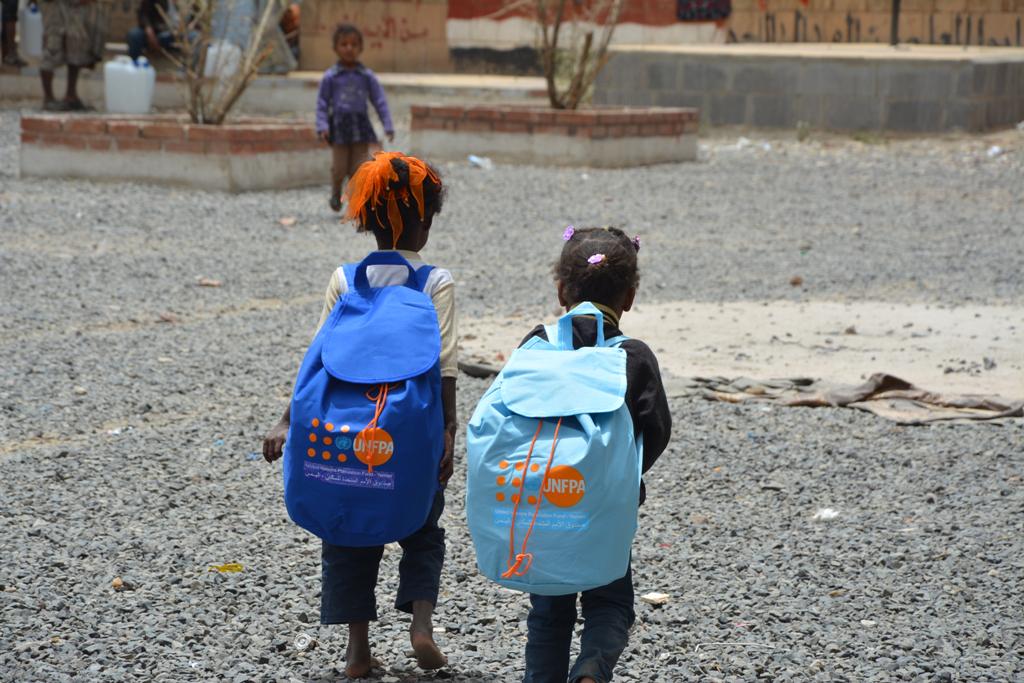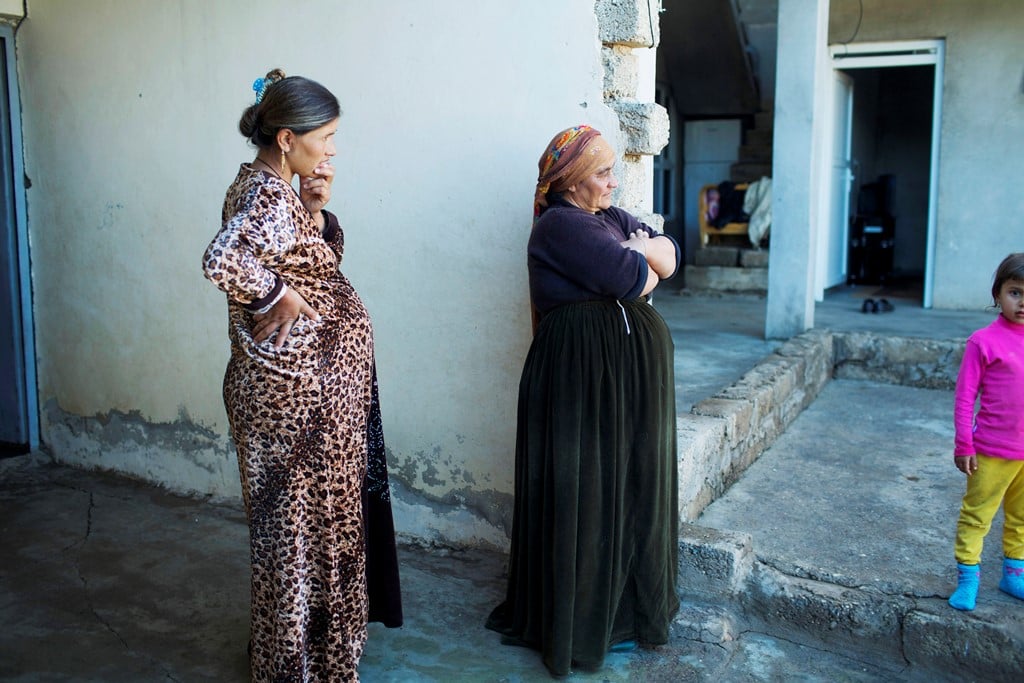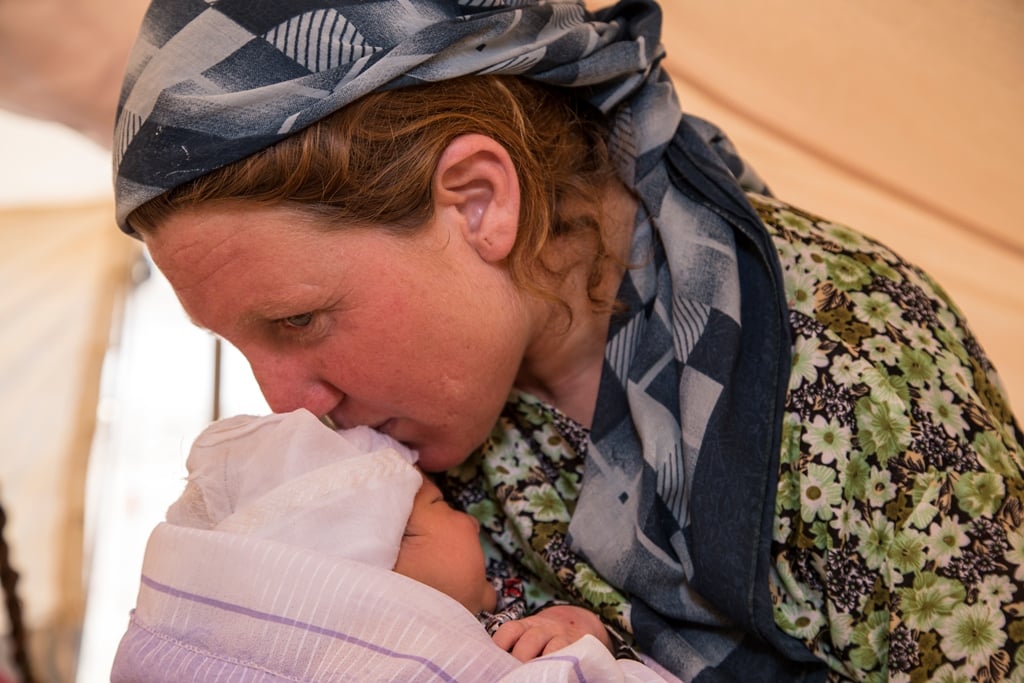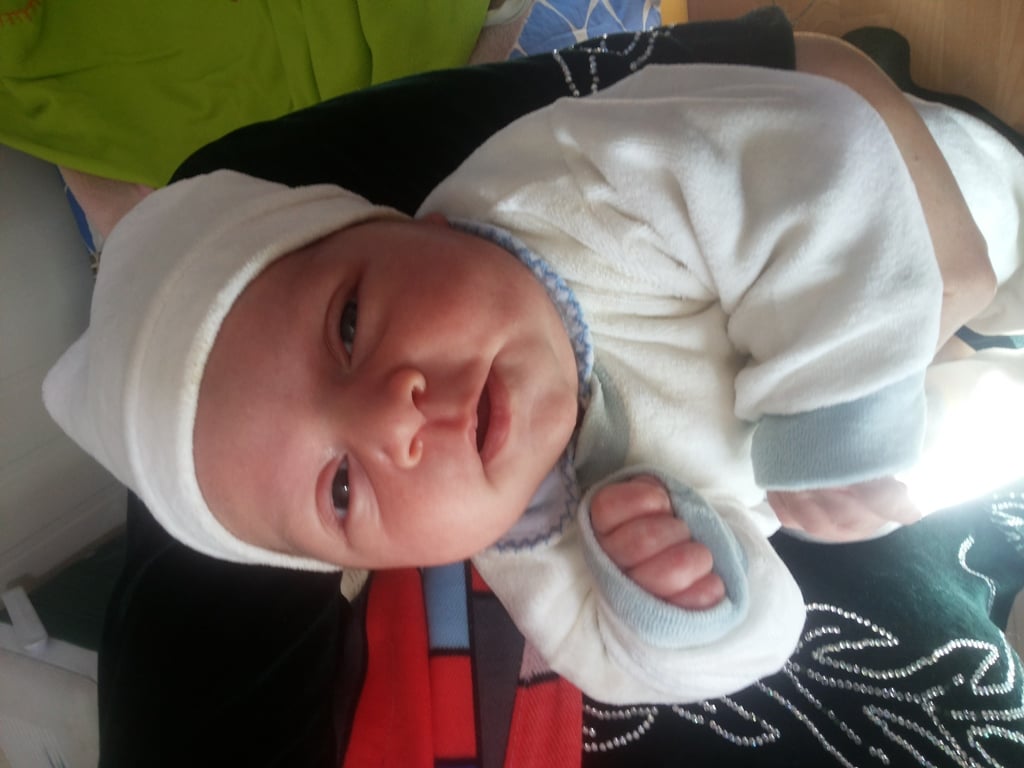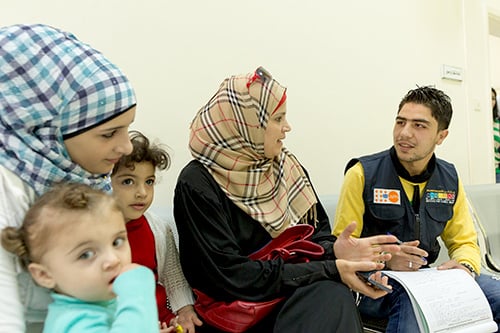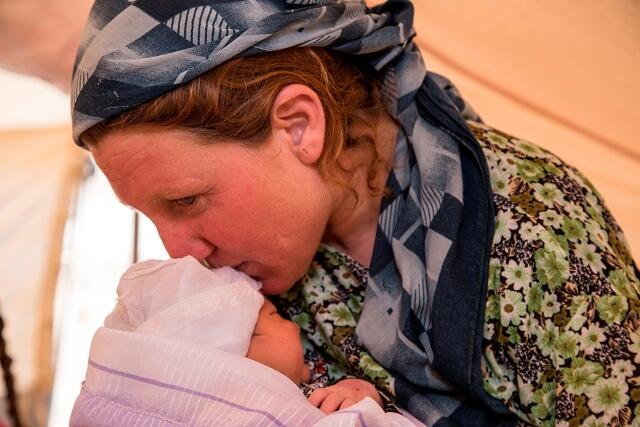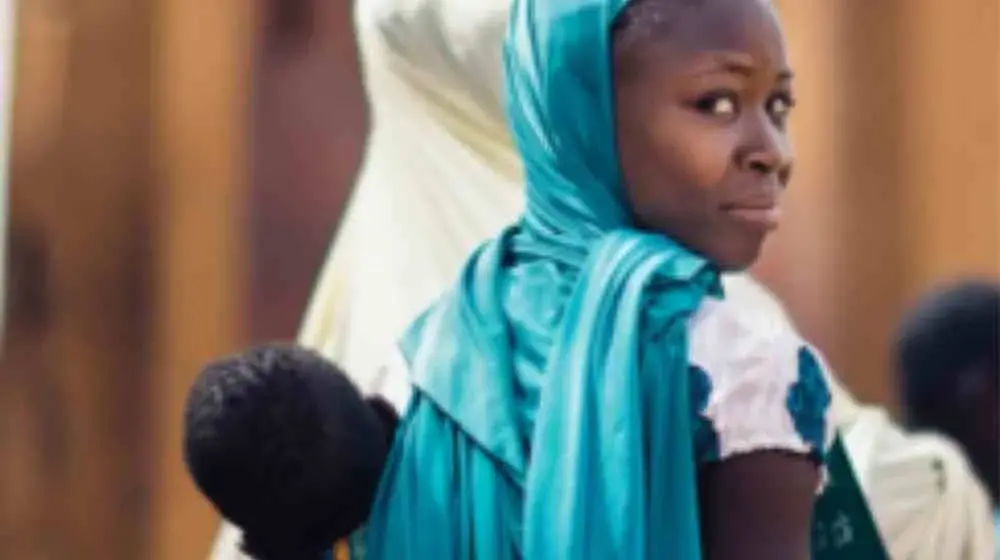After initial euphoria and a feeling that the Arab region was moving towards something new in 2011, a number of Arab countries have plunged into chaos or conflict, and others have dwelled into their ongoing crises. The protracted Syrian crisis continued to overwhelm the region’s humanitarian landscape. Renewed fighting in Gaza in July and August 2014 led to a further deterioration of the humanitarian situation. Over 14 million people in Yemen need humanitarian assistance, and in Libya, fighting led to the internal displacement of 285,000 people.
In Sudan, the situation in Darfur has led to more than 7 million people needing humanitarian assistance. The situation in Somalia has internally displaced 1.1 million people and resulted in 1 million Somalis fleeing to other parts of the Horn of Africa and to Yemen. By the end of 2014, some 1.8 million people were displaced as a result of the fighting in Iraq.
Humanitarian and medical organizations estimate that approximately 60% of preventable maternal deaths take place in contexts of conflict, displacement and natural disaster. Women and girls have become the most vulnerable group, facing severe human rights abuses, violations and humiliation, including gender-based violence and early and sometimes forced marriages.
This year, the United Nations will mark Word Population Day amidst growing concerns by aid groups over the number and scope of humanitarian crises around the world. Humanitarian crises magnify the needs of women and challenge the humanitarian community to cater to their specific needs. These needs include providing for their maternal health, ensuring they have access to at least basic antenatal, delivery and post-natal safe services even in the most difficult contexts. In emergency situations, an estimated one in five women and adolescent girls are likely to be pregnant. Humanitarian assistance is about a package of essential services including feeding people and providing them with clean water and shelter. It is also about saving the lives of women and their newborns by ensuring that one basic aspect of life, delivering babies, is done in dignity and under humane circumstances; it is about the protection of women and girls from sexual and gender based violence and abuse.
UNFPA works in 15 Arab countries, closely monitoring the situation of women and young girls, and constantly adjusting its programs to cater to their changing needs, From maternal clinics in Zaatari and other refugee camps in Jordan, to “safe spaces” that welcome and counsel women who have suffered violence, to national campaigns to end female genital mutilation, to vouchers that allow women in Syria to obtain free maternal health services, UNFPA’s response remains relevant, swift and flexible. It seeks to adapt to the changing needs of women affected by humanitarian crises.
Ensuring access to education for displaced and conflict-affected children is essential for their growth and for reconstructing their communities in the future. Providing girls with access to schooling helps reduce child marriage, since girls who stay in school and remain healthy enjoy a broader range of options, and are more likely to avoid child marriage.
UNFPA managed to distribute “dignity kits” (containing basic sanitary items) to tens of thousands of women in several governorates in Yemen, and organized various awareness sessions targeting women, with a focus on hygiene, gender-based violence and reproductive and maternal issues. But the ongoing insecurity, the shortage of fuel and other logistical challenges stand in the way of full implementation of programmes, including large scale distribution of “dignity kits” in the northern governorate of Saada.
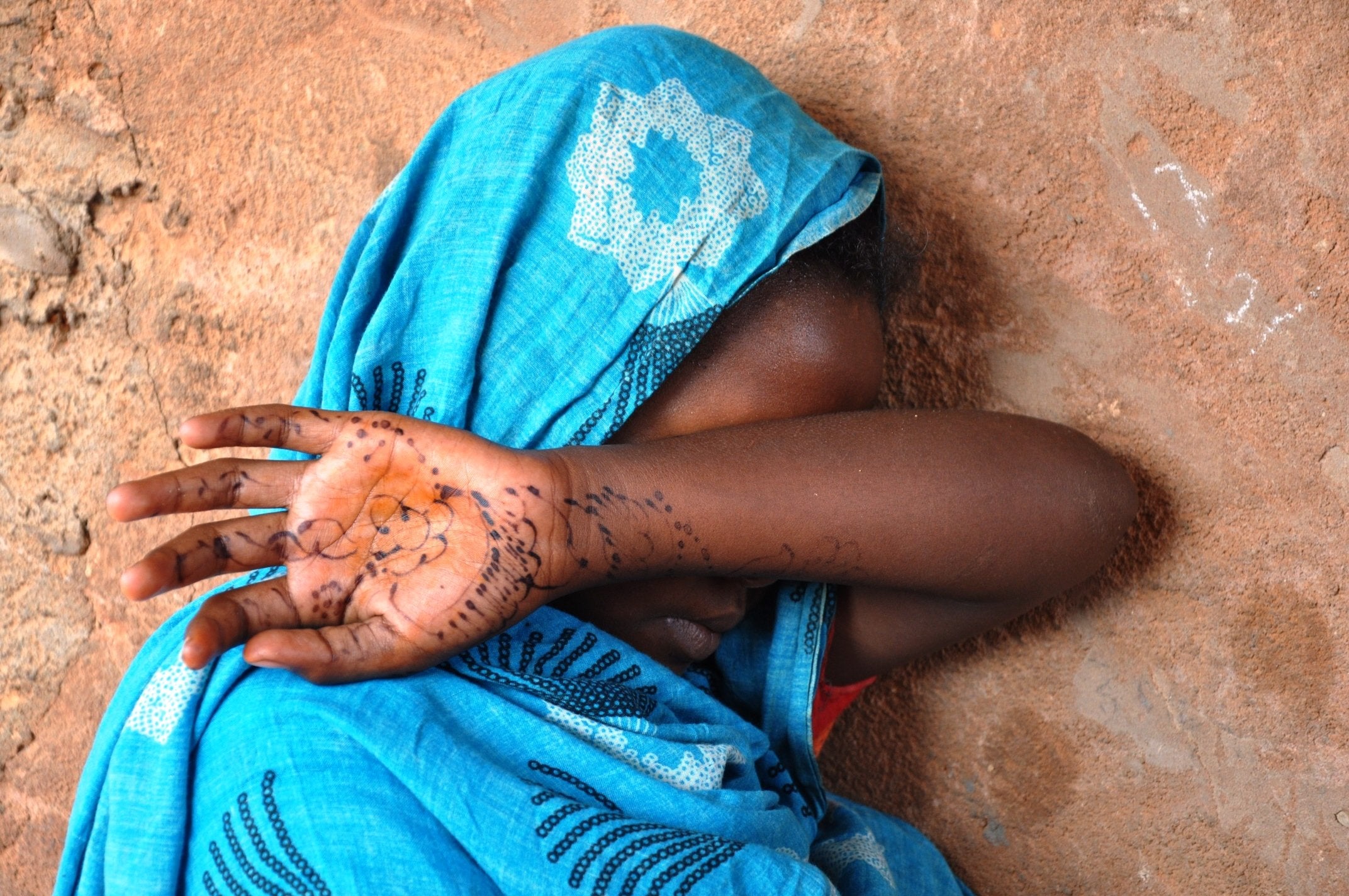
Obstetric fistula is a very serious and tragic injury that can occur during childbirth. Across the world, there are over 2 million women living with this life threatening injury that often causes a sense of shame in affected women, leading to psychological trauma and social isolation. With some 50,000 and 100,000 new injuries each year, fistula largely happens in situations where the health care systems fail to meet women’s essential needs. UNFPA support to reproductive health services in Somalia helps fight this injury by means of prevention as well as giving medical and clinical support to the injured.
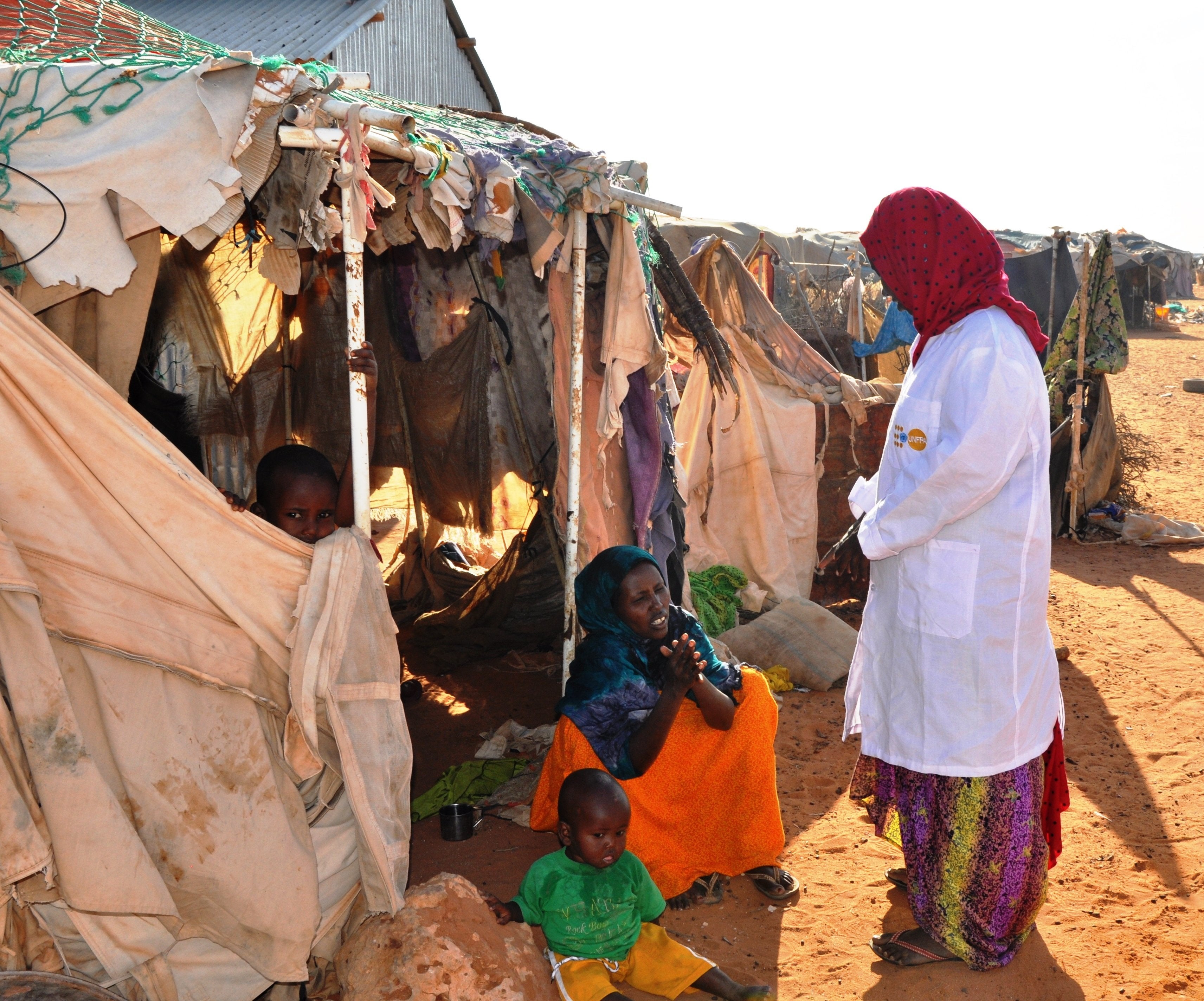
There are 34 “maternity waiting homes” in Somalia, providing health services to expectant mothers. Decades of conflict have left the Somali health system devastated and the situation for mothers and children grim, as Somalia has the 4th highest child mortality rate: one in 18 Somali women faces death due to complications related to pregnancy and childbirth. Maternity waiting homes, supported by UNFPA and the Ministry of Health have witnessed to date 16,724 safe deliveries.
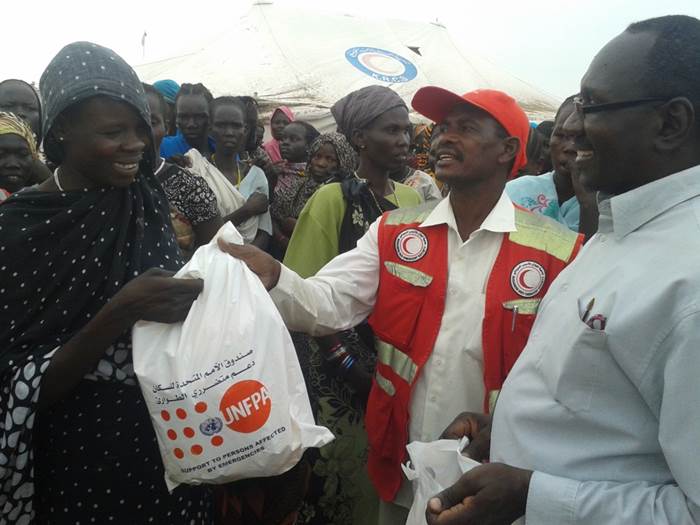
As part of the early response to the needs of displaced people coming from South Sudan to Al-Redise camp in Sudan, UNFPA’s standard “Dignity Kits’ (basic kits containing hygiene items) help preserve the dignity of women and girls and ensure that some of their needs in terms of feminine hygiene are met.. Each package includes items such as toothbrushes, toothpaste, shampoo, soap, sanitary pads and clean underclothes. Al-Redise camp hosts over 14,000 people of the over 172,000 refugees from South Sudan who have hailed to Sudan since December 2013 because of the fighting. The conflict in South Sudan has forced 2 million people from their homes, and population in the north of the country faces the risk of starvation.
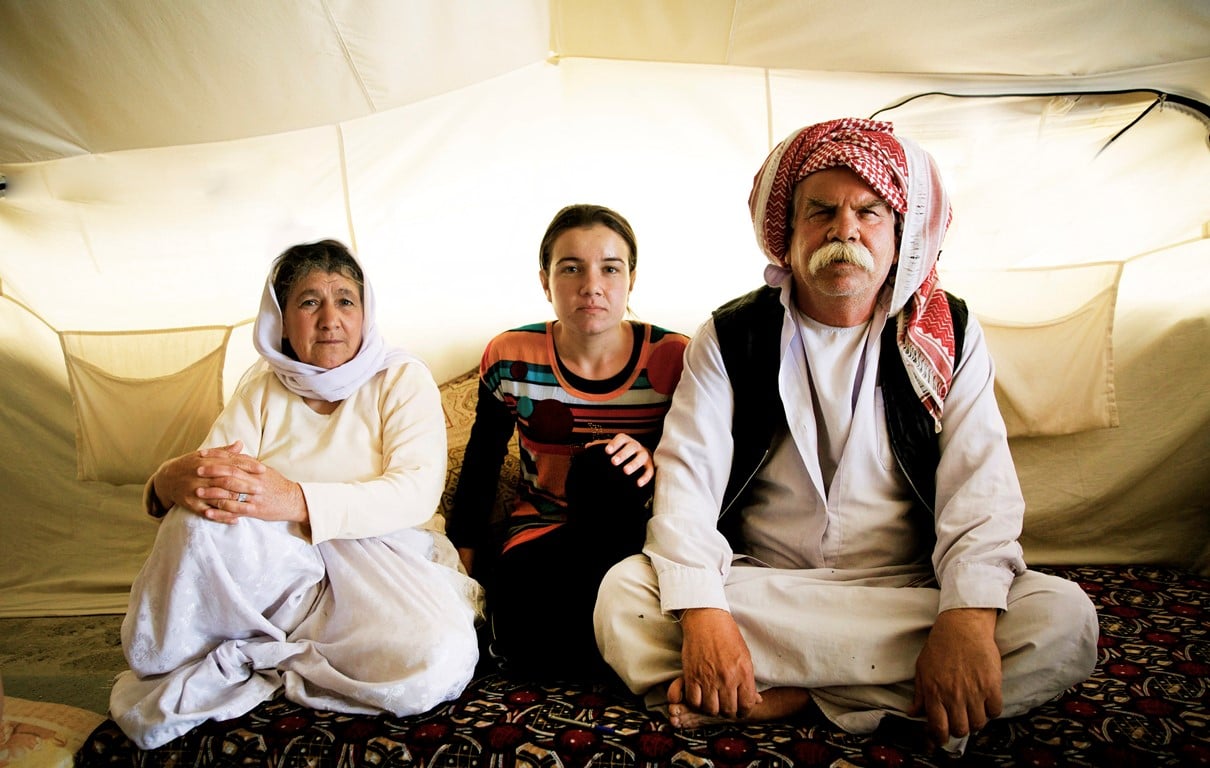
Shirin is one of the young Yazidi internally displaced women volunteering at the Women’s Social Center at Khanke camp in Iraq. She has attends a training course supported by UNFPA on providing support to women in the camp, and has since then worked closely with women and young girls.
In 2015 UNFPA has helped over 24,000 pregnant women and girls in Iraq have access to safe delivery. It has also helped set up 54 “safe spaces” for women, has trained 42 health-care staff on maternal health issues, has trained 45 social workers who help displaced women and girls, and has distributed 66,000 “dignity kits” containing various hygiene items to women displaced because of the conflict.
With Islamic State of Iraq and the Levant (ISIL) militants closing in on her village in norther Iraq, Khawla had to flee to safety with her husband and 7 children. Pregnant Khawla walked for over 6 hours in the desert without food or water, then went into hiding at mount Shengal for 8 days, before reaching Khanke refugee camp. Khawla went into labour soon after arriving at the camp, at a UNFPA-supported hospital. “I breathed a sigh of relief when the baby was delivered and medics told me he was in good health,” she said.
Four health centres supported by UNFPA in Zaatari camp provide prenatal and postnatal care, health awareness and family planning services. So far, more than 120,000 women in Zaatari camp received reproductive health services in these health cenres. Despite the plight of displacement in the camp, all 3000 births recorded until March 2015 have been safe with no maternal or infant death reported.
"I like to make women feel beautiful, by applying the makeup skills I learned. Sometimes when we look at the mirror and feel good, it reflects on our behavior, decisions and families,” said Rana, “Sometimes we even forget a little bit the hardships we went through.”
Widad, 16 years old Lebanese high school student says, "I have always thought there are no differences between Lebanese and Syrian girls. But creating a theater play together on different form of violence that we girls face, brought us even closer." One in three women in the world faced at least one incident of gender-based violence. Addressing violence against women is a crucial component of humanitarian response plans that UNFPA deploys
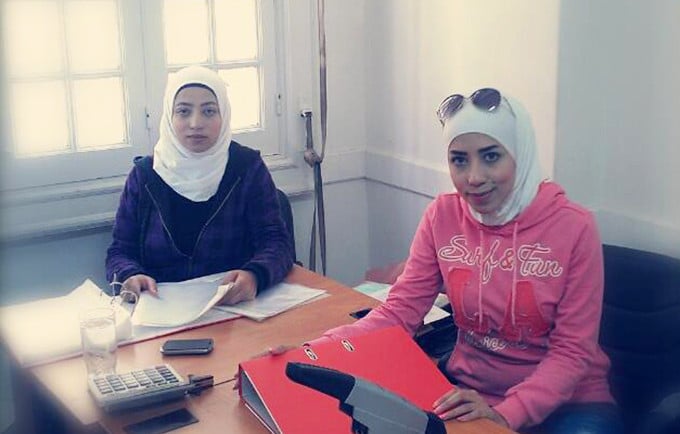
Huda fled the violence in Syria in 2012 to Egypt, where she had to stop her higher education to support her family. She soon became vulnerable to exploitation by employers, which is something that many of the 250,000 Syrian refugees in Egypt report. Huda now works as a field coordinator for UNFPA and is helping establish a new “Safe Space” for women in Alexandria, where women can find refuge from violence, counseling from specialist, and support through friendships with other women. “We really needed places like this, giving women a sense of friendship and security, while raising their awareness and supporting them through specific programmes,” she explained. UNFPA-supported “safe spaces” for refugees and internally displaced populations in Jordan, Lebanon, Iraq, Syria and Turkey contribute to protecting and empowering women and girls affected by humanitarian crises.
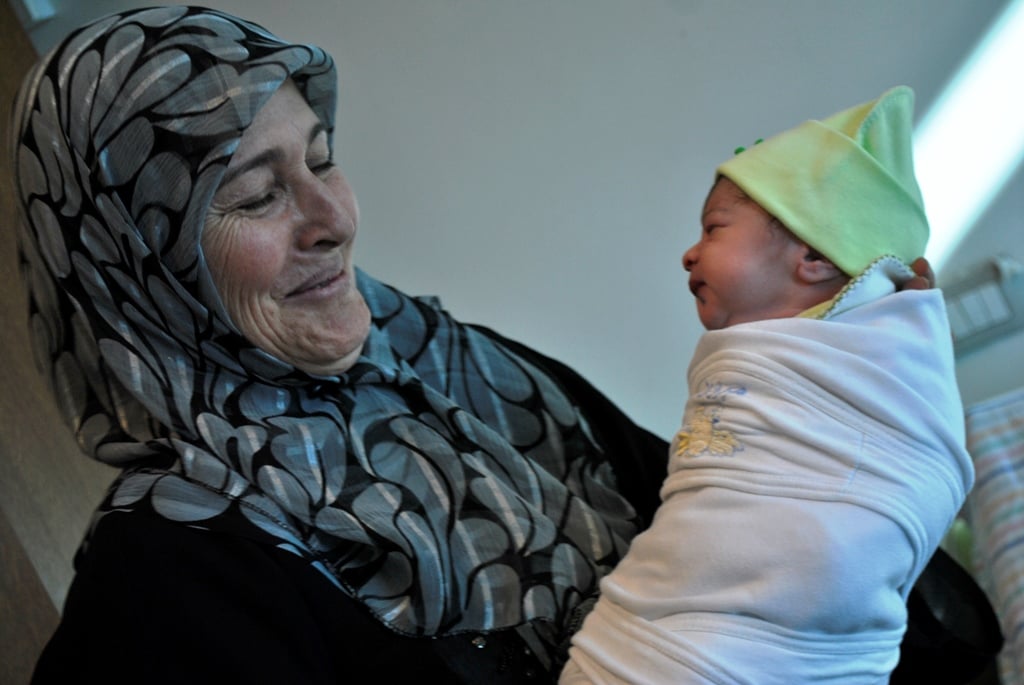
Grandmother holds baby Kareem, while the mother gets her voucher covering costs of delivery and other reproductive health services at this hospital supported by UNFPA. Clinics supported by UNFPA inside Syria provide much needed services to women and girls, many of them displaced.
Amir was with his mother and sister en route to Jordan when they were detained at a checkpoint. He got beaten for hours then was told he’s free to go. But when he did, he got shot 3 times in the back and left on the ground. “I have angels looking after me,” said Amir, remembering how he managed somehow to reach Amman after moving out of the morgue in a Homs hospital back to the Emergency Room. After receiving psychosocial assistance at a UNFPA supported family health centre, 21-year old Amir now cares for his extended family and works as a volunteer at the centre.
UNFPA-supported youth campaign had over 400 young volunteers who assisted displaced families and their children during and after the war on Gaza a year ago. Volunteers provided psycho-social support and recreational activities, with a special focus on pregnant women, people with disabilities, young people and newborn children.
